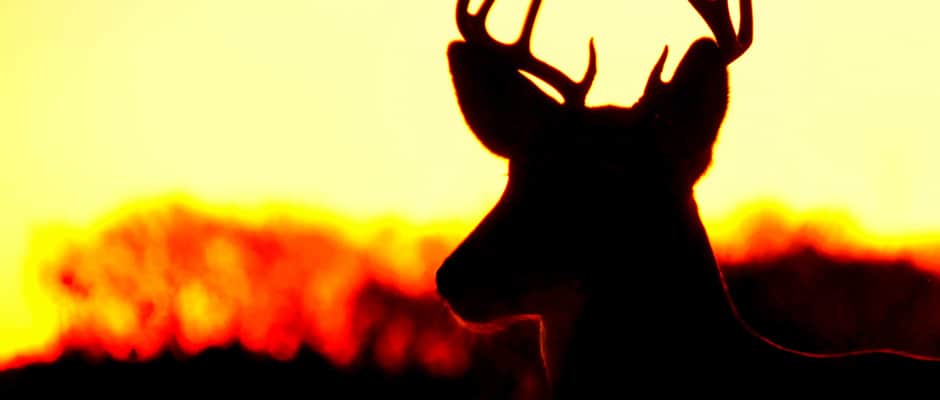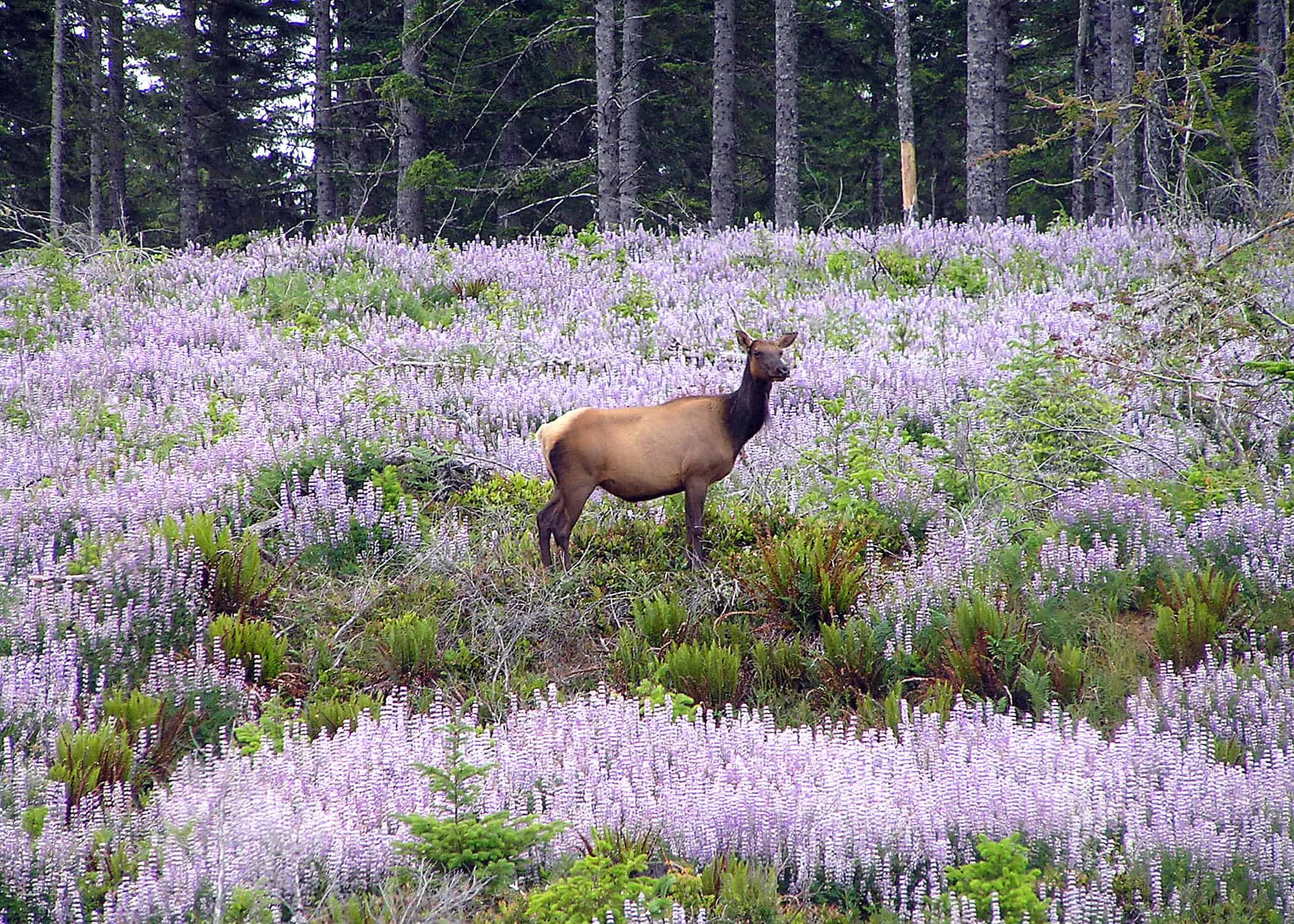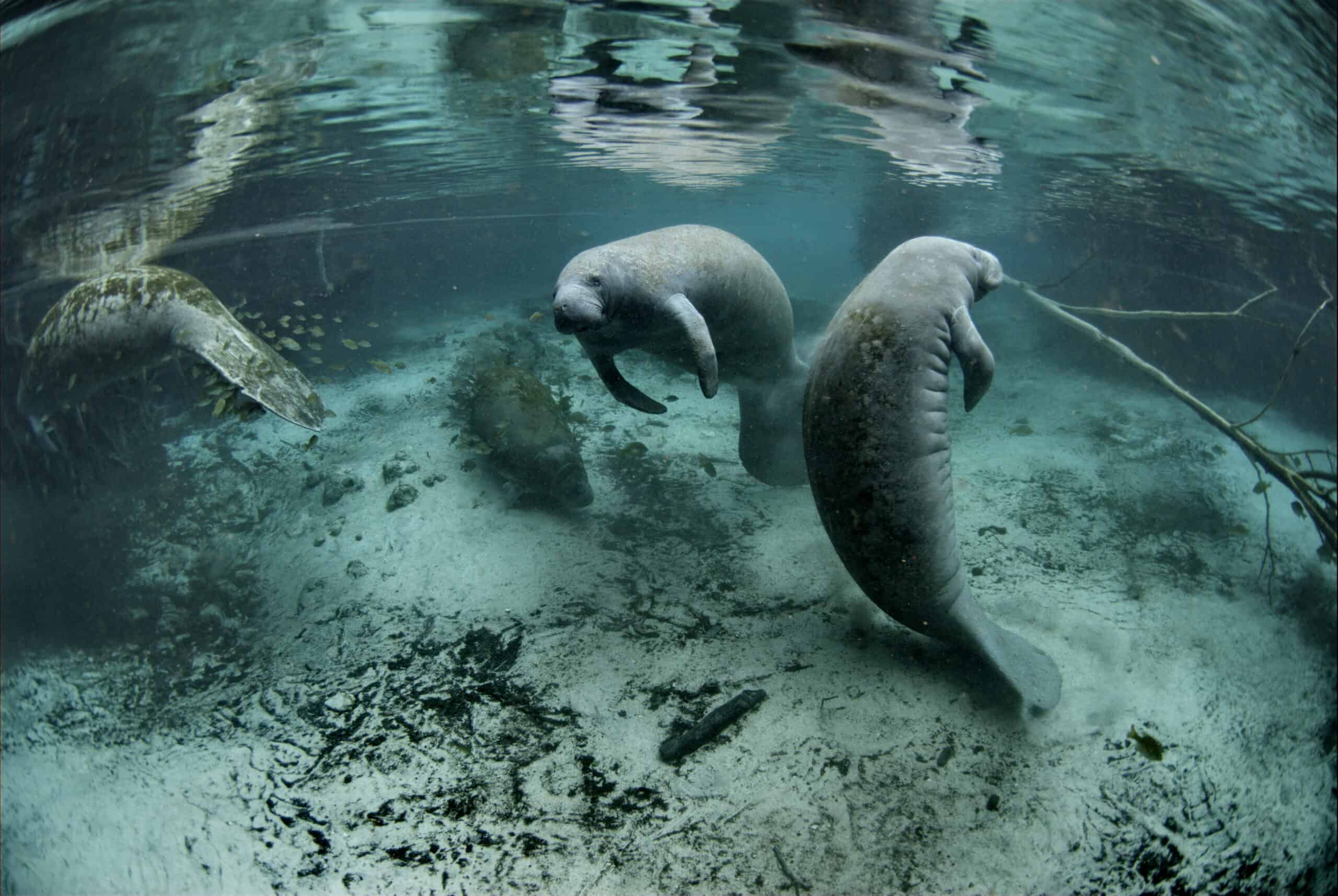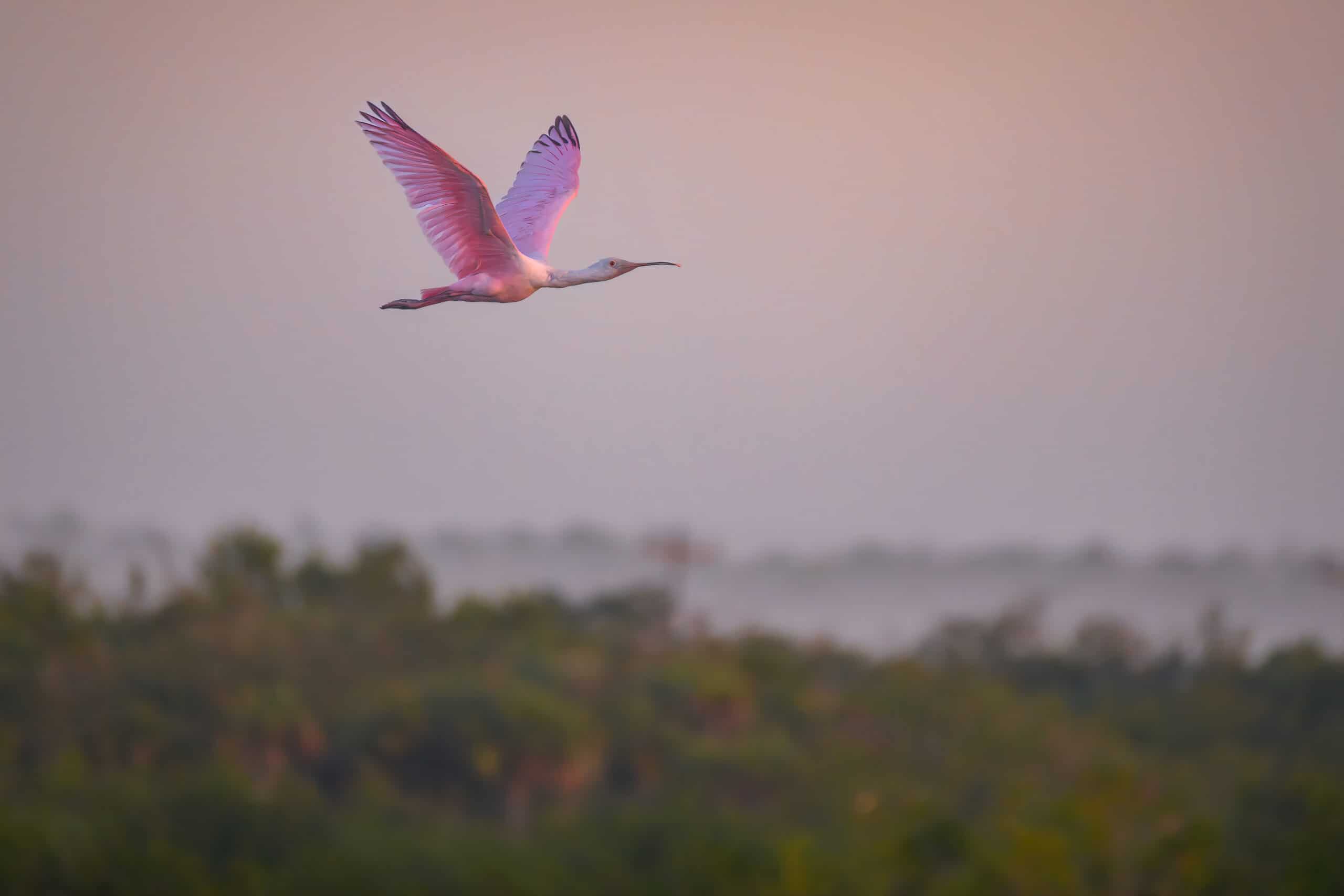Share this article
NC Chapter Comments on Captive Cervid Management
The North Carolina Chapter of TWS submitted a letter to the State Legislature opposing legislation that would expand the captive cervid industry.
S.B. 513 would transfer jurisdiction of the captive cervid industry from the Wildlife Resources Commission to the state Department of Agriculture and Consumer Services.
Private ownership of wildlife is among the primary concerns outlined in the letter, as it conflicts with one of the key tenets of the North American Model of Wildlife Conservation. The Model asserts that wildlife is a public trust resource, managed by the government for the benefit and use of the public. Private ownership of captive cervids for commercial use is incompatible with management of wildlife as a public trust. The Chapter’s letter is supportive of maintaining state wildlife agencies as the primary authorities over native cervid species.
Risk of disease is also a serious concern with the captive cervid industry. While some provisions prohibiting the importation of deer from facilities that have experienced Chronic Wasting Disease (CWD) exist within the bill, the letter still expresses serious concern over disease-transmission risk caused by the expansion of cervid farming, as no live test exists for CWD that is replicable for large numbers of animals contained in captive facilities. Captive facilities also maintain animals at artificially high densities, exacerbating the potential for disease transmission. Captive animals may escape facilities, and wild animals may enter enclosures, facilitating transfer of diseases between farmed cervids and wild populations.
The Chapter’s letter also expresses concern about the economic damage that may be incurred if CWD is established in North Carolina. The letter cites examples of large costs incurred by Wisconsin management agencies to reduce the spread of CWD in that state.
The bill has already been approved by the State Senate and is currently being considered by the North Carolina House of Representatives.
Header Image: Image Credit: Tom Koerner, USFWS








